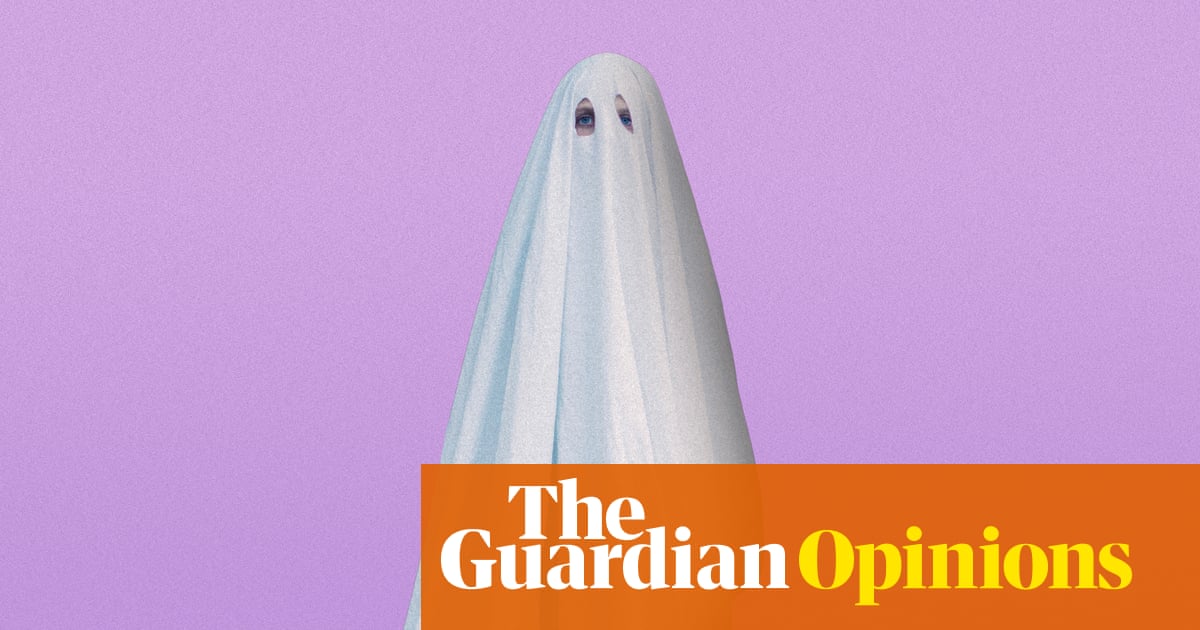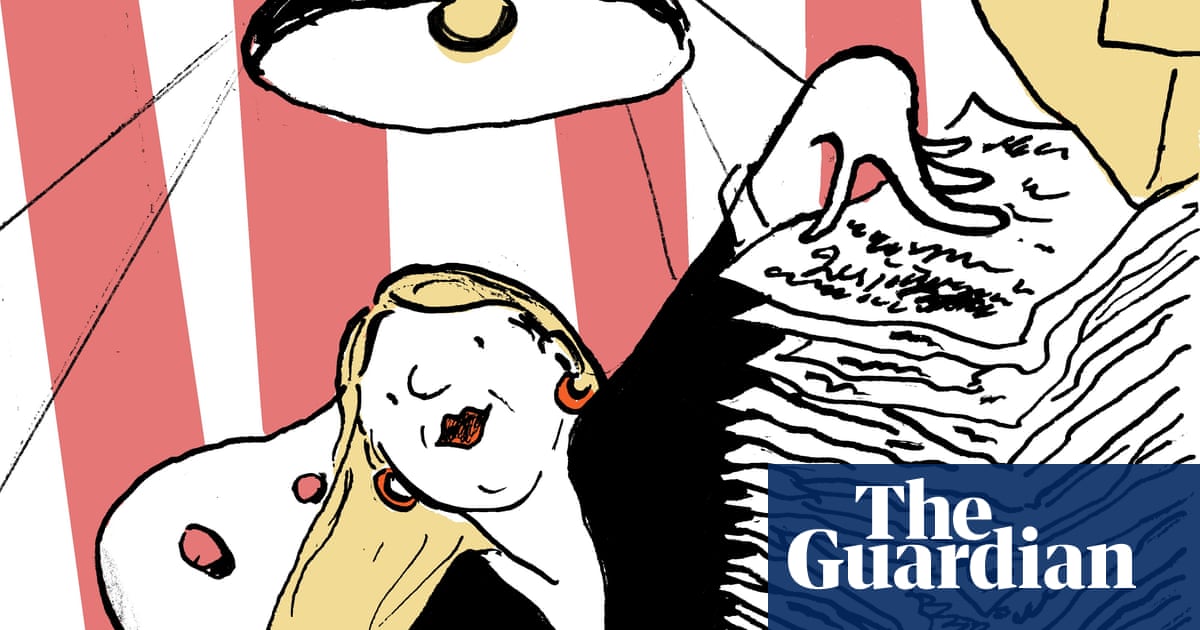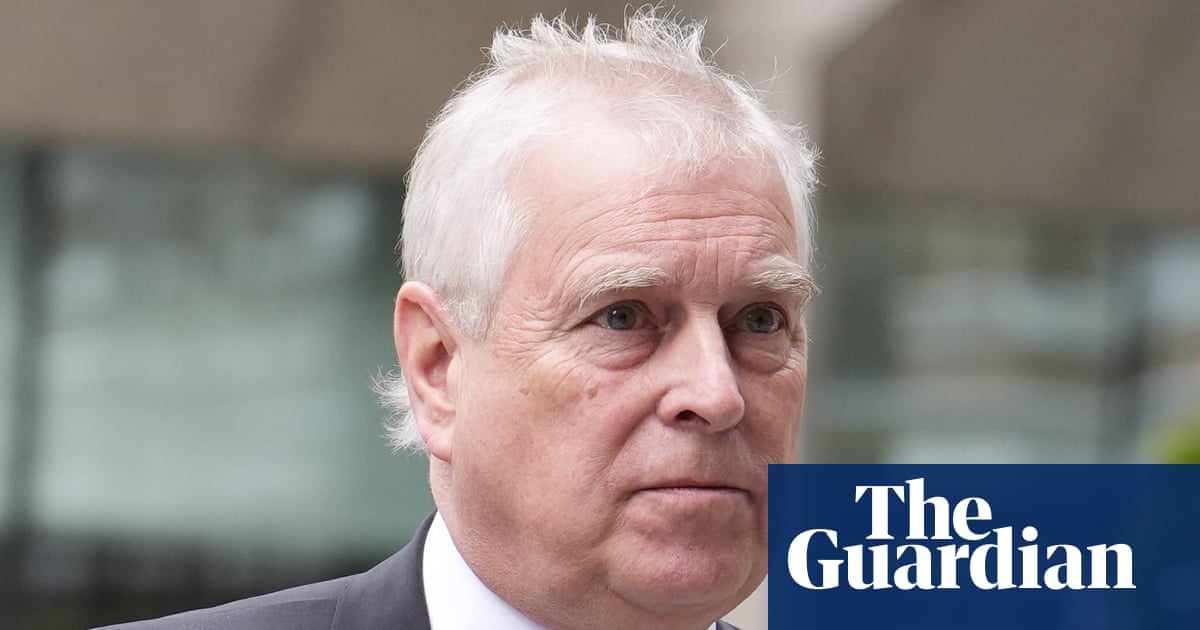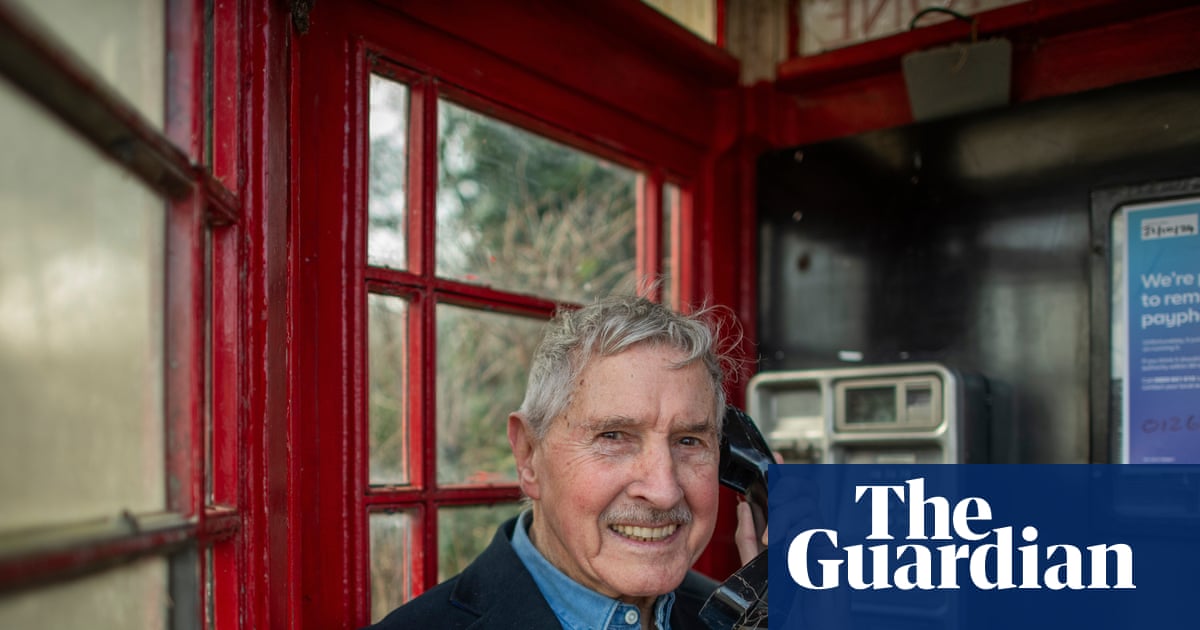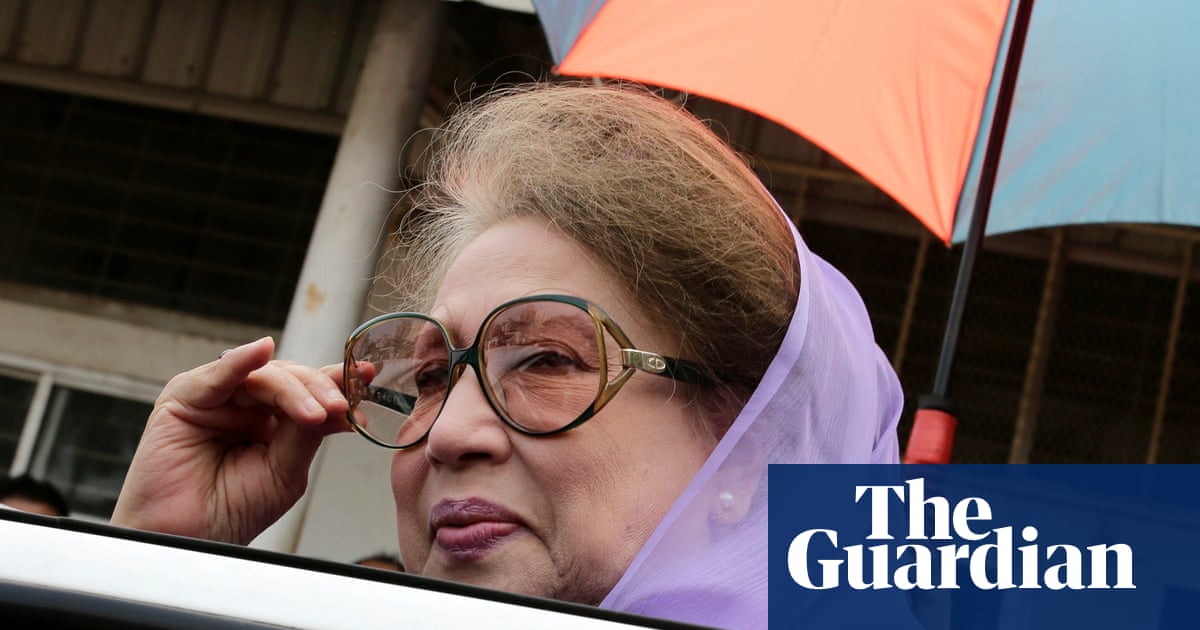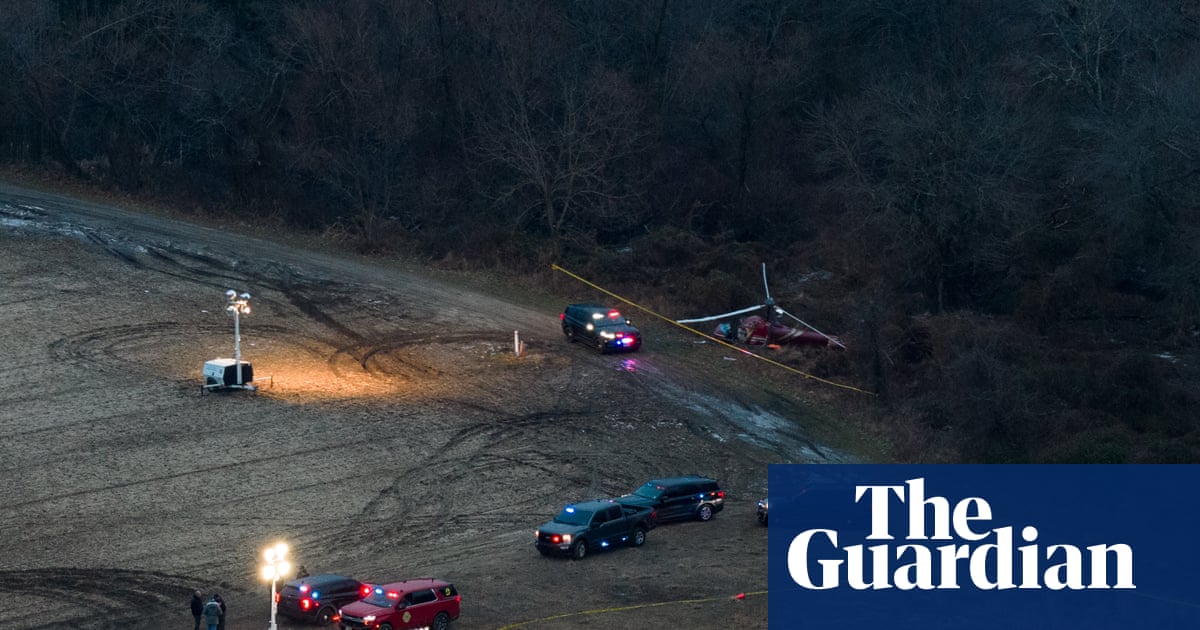Unflappable. Fair. A mentor. The trailblazing journalist Belva Davis carried all of these traits, according to friends and colleagues, as they remembered the first Black woman hired as a television reporter on the west coast in the days following her death.
Davis entered television news in the 1960s, when the industry was dominated by white men, making her presence on screens especially pioneering. She died on Wednesday at the age of 92.
Davis, the oldest of four siblings, was born in Monroe, Louisiana, in the middle of the Great Depression and the Jim Crow era. Her mother was only 14 when she gave birth, Davis wrote in her memoir Never in My Wildest Dreams: A Black Woman’s Life in Journalism.
“Apparently if I was going to be lucky in life, I would have to be patient,” Davis wrote.
Her family moved to the East Bay in California when she was a child, becoming a “tiny part of the so-called Second Great Migration west during World War II”, she wrote.
Without a college degree, Davis landed jobs at KPIX-TV, the CBS affiliate in San Francisco, KRON and KQED, where she became a trusted figure as host of KQED Newsroom and This Week in Northern California. She retired in 2012.
“Belva’s passing is a great loss for the Bay Area and KQED,” said Michael Isip, president and CEO of KQED, Northern California’s PBS member television station and public radio station. “For a half a century she covered the region’s most indelible stories with courage, integrity, grace and humanity. Along the way she fearlessly broke down barriers and opened doors for a generation of reporters.”
Carla Marinucci, a longtime political reporter in California who appeared regularly on Davis’s show This Week in Northern California, described Davis as a mentor and trailblazer who broke barriers for both Black and women journalists.
“She took many of us under her wing. An entire generation of us, myself included, have Belva to thank for breaking down barriers and for giving us a hand,” Marinucci said. “She had to jump countless hurdles as a Black woman to fight for every toehold in the field.”
Her reporting spanned some of the most important moments in the Bay Area, and the country, at the time, from the assassination of Harvey Milk to the Aids crisis, while also covering a hefty amount of local and national elections. She interviewed some of the most iconic figures of her time, including Muhammad Ali, Coretta Scott King, Fidel Castro, and later Kamala Harris, according to KQED.
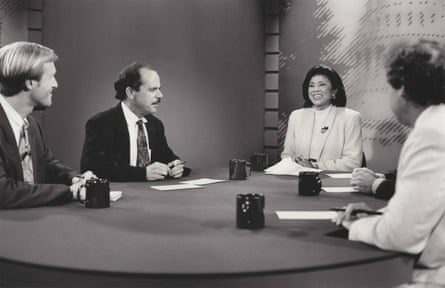
Barbara Lee, Oakland’s mayor, said she met Davis during her college years, and that she ended up being a “steady source of inspiration, guidance, and friendship”.
“For Black women and people of color working to break into media and television, Belva was a beacon,” Lee said in a statement. “She opened doors that had long been closed, proving through her talent and perseverance that our voices belonged on the airwaves. She made it possible for a new generation of journalists to see themselves in all forms of media and to know they had a place in shaping public conversation.”
Davis was married to Bill Moore, one of the country’s first Black television news cameramen. She had two children from her first marriage, Darolyn Davis and Steven Davis.
“I will never forget traveling to Italy for her wedding anniversary, where friends and family from across the world gathered to honor the remarkable bond between Belva and Bill,” Lee said. “That celebration reflected the strength, joy, and grace she carried into every part of her life.”
Davis began her journalism career in the 1950s, freelancing for Jet and Ebony magazines. As a Black woman, she faced sexism and overt racism throughout her career. In 1964, while covering the Republican National Convention at the Cow Palace, she was confronted with racial slurs, but she remained steady in her duty to report.
“I could feel the hair rising on the back of my neck as I looked into faces turned scarlet and sweaty by heat and hostility,” she recalled in her memoir.
Scott Shafer, a reporter with KQED, remembered working closely with her during his time in City Hall in the 1980s, describing her as the kind of reporter people genuinely wanted to talk to.
“Belva was unflappable,” Shafer said. “She was always very down-to-earth, kind and generous,” said Scott.
From a young age, the harsh realities of racism, along with stories of Black Americans reported by other journalists, inspired her to document the experiences of a country contending with intense racial segregation.
“I wanted to be one of them. I wanted to broadcast the reality of my community to those who could not otherwise imagine it, to fill in that missing perspective,” Davis wrote in her memoir.
And so she did. Davis ended up winning eight regional Emmy Awards and earned lifetime achievement honors from the National Association of Black Journalists and American Women in Radio and Television.

 3 months ago
52
3 months ago
52

